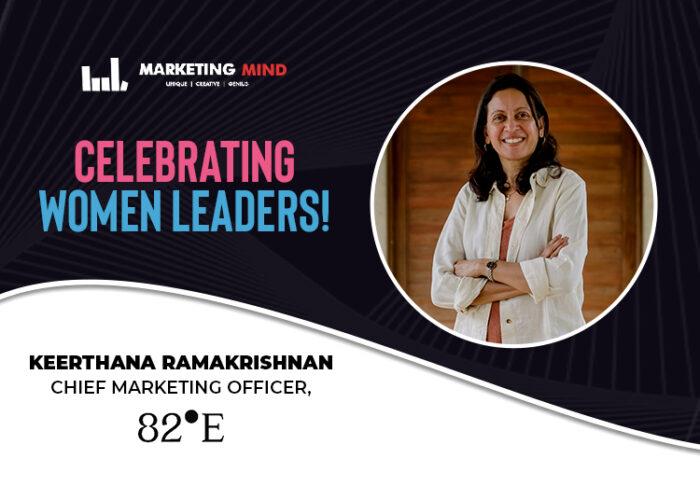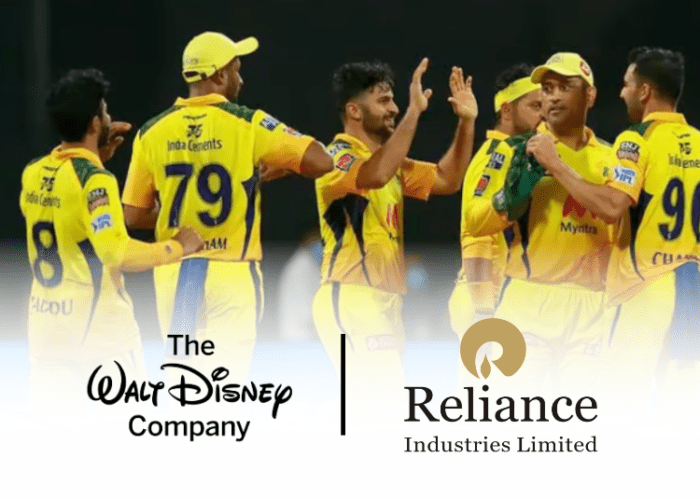The extensive adoption of digital devices like smartphones, smart devices, IoT, and the increasing penetration of Internet access throughout the world has given birth to new channels of marketing and brand promotion – Online Marketing.
What is Online Marketing?
In simple words, Online Marketing refers to the marketing technique that leverages digital and web-based platforms to sell, promote, and advertise products and services to potential customers. The end goal here is to identify and reach the target customer base on digital and social media channels. Online Marketing (a.k.a. Digital Marketing) combines both research and analysis for creating well-designed online marketing strategies and monitoring the success rate of the implemented strategies.
Online Marketing differs from traditional marketing techniques (brochures, flyers, billboard ads, television, and radio ads) in the sense that it exclusively targets digital channels.
Top 8 Online Marketing Strategies Every Entrepreneur Needs to Know
Before the advent of Online Marketing, marketers had to invest vast sums of money in promoting their products/services through conventional marketing techniques. Also, it is tough to measure the success rates of traditional marketing strategies. Thanks to Online Marketing, these issues are long gone – Online Marketing services are cost-efficient and allow for easy monitoring and measuring the success rates of digital marketing strategies.
Here’s a list of the top eight Online Marketing strategies you need to know!
-
Content Marketing

Anything and everything we consume on the Internet is the “content” that Digital Marketers carefully curate for the netizens.
Content Marketing focuses on designing, creating, and distributing highly personalized and relevant content for a specific niche or target audience. When you post or share meaningful and quality content, you pull potential customers toward you. This, in turn, drives customer-brand interaction and helps generate better leads. Content Marketing includes blog posts, infographics, videos, podcasts, white papers, journals, case studies, and e-books.
The content you put forth should not only educate your target customers about your products and brand as a whole, but it should also be relatable to the audience.
-
Social Media Marketing
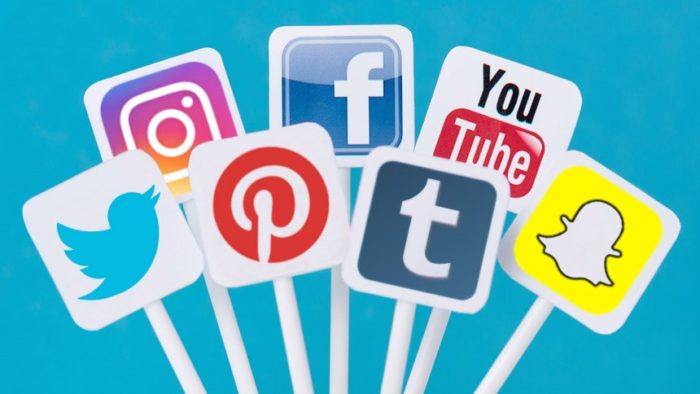
As the name suggests, Social Media Marketing refers to the marketing technique that leverages social media platforms like Facebook, Instagram, Twitter, and LinkedIn, to reach out to customers, capture their attention, and generate leads.
It is all about “listening” to what your potential customers are saying, interacting with them, and marketing such products/services that can meet their requirements. Once you gain a loyal group of followers on social media platforms, they can help spread the good word about your brand via likes, comments, shares, and mentions.
-
Email Marketing
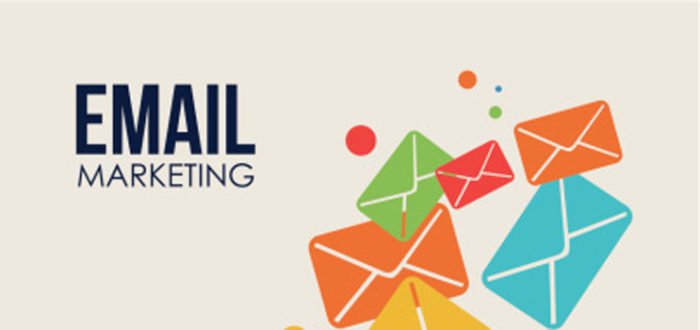
Email Marketing is where you market your products/services via email. It requires you to collect the email addresses of your existing as well as potential customers and promote your products/services is innovative ways, without spamming their inbox.
When used right, Email Marketing can become a potent tool for your business since it is a direct channel of communication between your business and your customers. Relevant emails can encourage meaningful customer-brand interaction. Successful Email Marketing strategies depend not only on the content of your emails but also on the time you send out your emails.
-
Search Engine Optimization
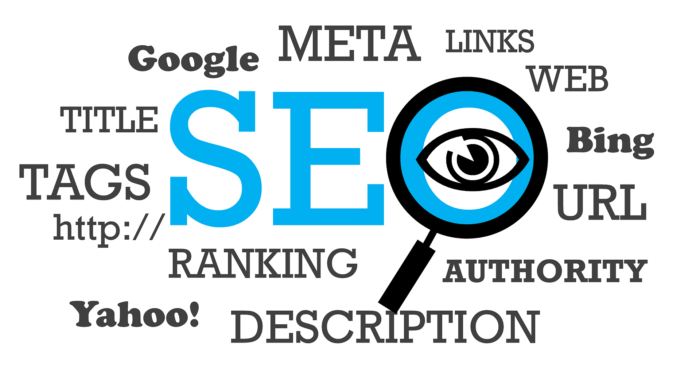
Search Engine Optimization (SEO) refers to the method of driving traffic to your website from free and organic search results on search engines (Google, Bing, Mozilla, etc.).
SEO techniques include keyword research, backlink building, boosting website loading speed, and optimizing website titles to include relevant keywords. By optimizing your content for search engines, you increase your chances of being found on the Internet.
-
Search Engine Marketing
While SEO aims to get higher ranks in Search Engine Results Pages (SERPs) via free and organic searches, Search Engine Marketing (SEM) seeks to enhance your website visibility in SERPs through paid advertising methods. For instance, the ads posted via Google AdWords and Bing Ads begin with the word “Ad” at the start of the URL.
Google usually gives more preference to pages with these ads, and they appear first on the search engine results.
-
Affiliate Marketing
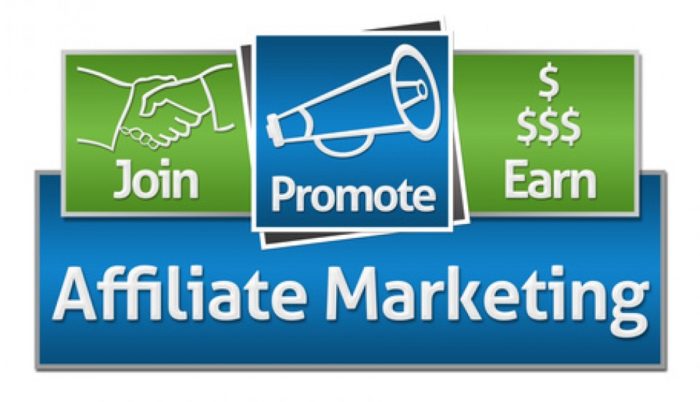
Affiliate Marketing is a marketing technique in which you can partner up with other businesses and pay each other commission for the traffic you generate for them and vice versa.
This is how it works – you put a link to the website of another business in your blogs or website. Whenever someone clicks on that link, they are redirected to the other business site. So, essentially, you are driving traffic to the other business’s website, and every time a buyer purchases on that website, you receive a commission.
-
Influencer Marketing
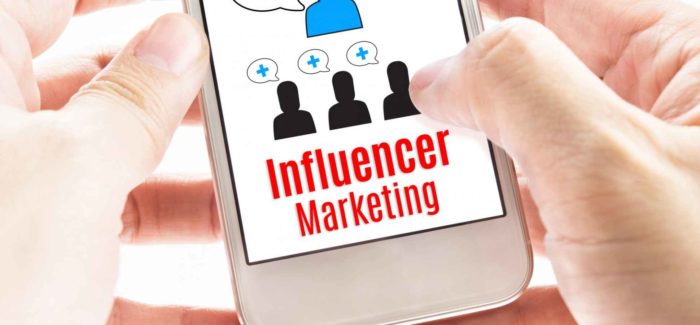
Thanks to social media, today, social media influencers are a huge hit with the young generation, both the millennials and Gen Z. More and more people are relying on the recommendations of social media (SM) influencers, and this has given rise to Influencer Marketing.
Influencer Marketing is when brands approach different SM influencers to try out their products/services and market them to their large group of followers. But remember, people only put their faith in the “real” people who give them honest suggestions and opinions on different issues. So, your product/service must be genuinely excellent for them to believe in you.
-
Instant Messaging Marketing
Instant messaging has been the hottest trend for a long time now. Over 1.6 billion people globally, are using WhatsApp, Facebook Messenger, and other messaging services on a monthly basis.
This has created a fantastic opportunity for brands to connect with their existing and potential customers via instant messaging apps. You can use instant messaging to inform your customers about anything – from new offers/launches and latest blogs about your products/services to customer support.
Benefits of a Career in Digital Marketing
The pace at which the Online Marketing industry is growing right now, it is predicted to reach a value of US$ 102 billion by the end of 2019. As the scope of Online Marketing continues to increase, the demand for skilled Digital Marketing professionals is soaring. In fact, by 2020, the Digital Marketing industry is estimated to create over 20 lakh jobs in India.
This is the time to shine and build a highly-promising career in Digital Marketing. A career in Digital Marketing will not only offer you plenty of industry exposure but will also guarantee high-end salary packages. The best way to get started with Digital Marketing is to enroll in a Digital Marketing certification course. Since experts teach these courses, you will receive proper guidance, and by the time the course is complete, you will be ready to bag a job in reputed companies. Or if you wish to start your own Digital Marketing enterprise, you can do that too.
With Digital Marketing, the possibilities are endless!

